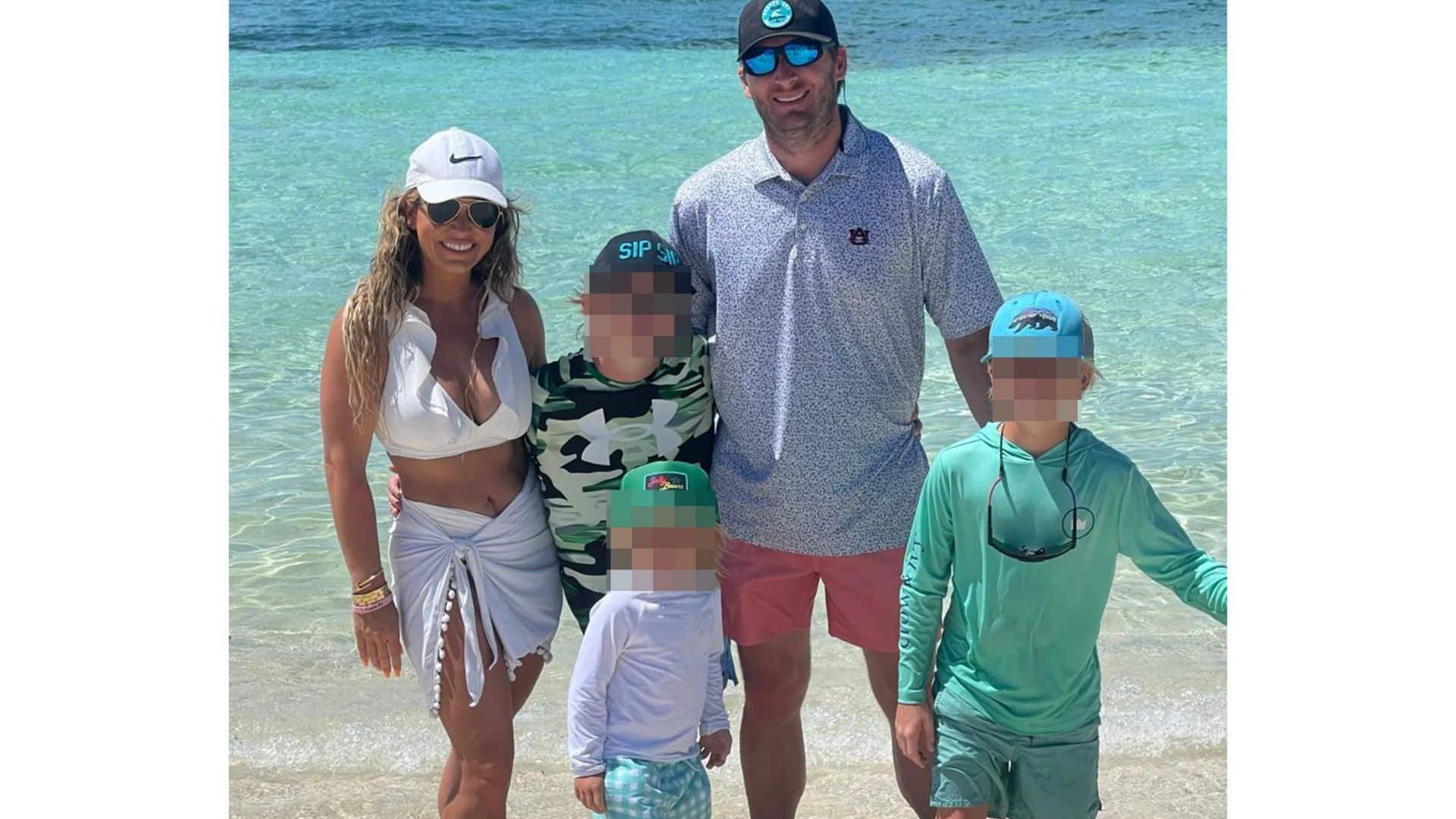Wendy Williams fans have been searching for clear answers about her health since early 2024. The talk show host’s condition has sparked countless questions and conflicting reports across social media and news outlets.
Does Wendy Williams have dementia? Yes, she was officially diagnosed with Frontotemporal Dementia and Primary Progressive Aphasia in February 2024.
But her story took a surprising turn in 2025 when she publicly denied having these conditions, creating even more confusion for her supporters.
The legal battles, medical evaluations, and her own contradictory statements have left many people wondering about the truth.
Court documents, medical experts, and her own interviews paint a complex picture that’s been difficult to follow. This situation affects not just her career but her daily life and future plans.
Initial Announcement of Wendy Williams’ Dementia
Wendy Williams received her official dementia diagnosis in 2023. Her care team made the announcement public on February 22, 2024.
The statement revealed two specific conditions: Frontotemporal Dementia (FTD) and Primary Progressive Aphasia (PPA).
Her representatives explained that these conditions had been affecting her daily life. The announcement came after months of speculation about her health.
Fans had noticed changes in her behavior and speech patterns during her final television appearances.
The media response was immediate and widespread. Many outlets covered the story extensively. Fans expressed concern and support across social media platforms.
The diagnosis helped explain some of the challenges Wendy had faced in recent years.
Official diagnosis details:
- Two distinct conditions: Frontotemporal Dementia (FTD) affects behavior and personality, Primary Progressive Aphasia (PPA) impacts language abilities
- Care team response: Emphasized the need for privacy and public understanding during treatment
- Medical significance: First official confirmation after months of unofficial health speculation
- Legal implications: Diagnosis supported ongoing guardianship arrangements for her protection
FTD affects the brain’s frontal and temporal lobes, which are responsible for controlling personality and language. PPA specifically targets communication abilities, making it hard to speak and find words.
These conditions explain Wendy’s recent challenges on television.
Unlike Alzheimer’s disease, FTD typically affects people between the ages of 45 and 65. The symptoms get worse over time, making daily conversations increasingly difficult.
Wendy’s Public Denials

In February 2025, Wendy Williams gave interviews denying her dementia diagnosis. She spoke with several media outlets, claiming she never had dementia.
Her statements contradicted the official medical reports from 2023.
The denial interviews created widespread confusion, as news outlets struggled to accurately report on the discrepancy between her personal claims and the official medical diagnosis.
Fans had mixed reactions, with some hoping she was getting better while others worried about her understanding of her own health condition.
Her public denials raised questions about her awareness and supervision. The conflicting information made it harder for the public to determine what to believe about Wendy Williams’ condition.
Legal Guardianship and Court Involvement
Wendy Williams has been under legal guardianship since early 2022. The court appointed a guardian, Sabrina Morrissey, to manage her financial and health decisions.
This occurred due to concerns about her ability to make important decisions.
Financial concerns initially led to the guardianship. Wendy faced several money-related challenges. Her bank froze her accounts due to concerns about her decision-making abilities.
The guardianship expanded to include health decisions when medical professionals recommended this protection.
The guardian oversees her medical care and financial affairs. They work with doctors to ensure she gets proper treatment.
Court oversight protects individuals who are unable to fully protect themselves. The legal system takes these responsibilities seriously, with regular court hearings reviewing the guardian’s work.
Key aspects of Wendy’s guardianship arrangement:
- Scope of control: Guardian manages both financial decisions and healthcare choices on her behalf
- Court oversight: Regular hearings review the guardian’s actions and Wendy’s condition
- Medical connection: Guardianship directly relates to ongoing dementia evaluations and treatment decisions
- Privacy protections: Many details about her care and finances remain confidential through court orders
- Duration: Expected to continue indefinitely based on the progressive nature of her conditions
Latest Medical Developments and Court Decisions
The court has closely monitored Wendy Williams’ condition through official medical evaluations. Recent developments have provided clarity about her current health status and legal situation.
| Date | Medical/Legal Event | Key Findings | Court Decision | Impact |
|---|---|---|---|---|
| Feb 2025 | Wendy’s Public Denial Interviews | Claimed she never had dementia | The court noted contradictory statements | Created public confusion |
| Aug 2025 | Independent Medical Examination | Confirmed FTD and PPA diagnosis unchanged | Guardianship upheld and continued | Documentary project uncertainty |
| Aug 2025 | Court Review of Evidence | Medical reports vs. personal denials | Prioritized medical professional assessments | Ongoing legal protection maintained |
Multiple independent evaluations have reached similar conclusions. Professional medical teams stand behind their assessments.
Despite some media reports questioning the diagnosis, trusted medical sources have consistently confirmed it. Court documents support the official diagnosis, accompanied by detailed medical reports.
Her upcoming documentary project faces uncertainty due to these findings. Producers must consider her current abilities and limitations.
The project may need significant modifications or delays.
What Happens Next?
The outlook for Wendy Williams involves several key considerations as her health condition continues:
- Progressive conditions: Both FTD and PPA symptoms typically get worse over time with no current cure
- Ongoing guardianship: Legal protection will likely continue indefinitely with regular court reviews
- Limited public appearances: Fans should expect very few television or media appearances going forward
- Career impact: Her ability to work in broadcasting may be permanently reduced due to communication difficulties
- Medical monitoring: Regular evaluations will track changes in her condition and adjust care as needed
- Future projects: Any upcoming work will need significant accommodations for her current capabilities
- Treatment focus: Medical teams prioritize managing symptoms, slowing progression, and maintaining comfort
The Bottom Line
Wendy Williams’ dementia diagnosis remains confirmed despite her public denials.
The February 2024 announcement of her Frontotemporal Dementia and Primary Progressive Aphasia conditions stands as the official medical assessment. Court evaluations in August 2025 reinforced these findings.
Her legal guardianship will likely continue as both conditions are progressive. Fans hoping for her return to television should expect limited appearances.
The contrast between her statements and medical evidence highlights how complex dementia can be for families.
While Wendy Williams continues to deny her diagnosis, trusted medical sources and court documents consistently support the original findings.
Her situation reminds us of the challenges these conditions pose for everyone involved.
What are your thoughts on how celebrities with dementia should be supported? Share your perspective in the comments below.






































